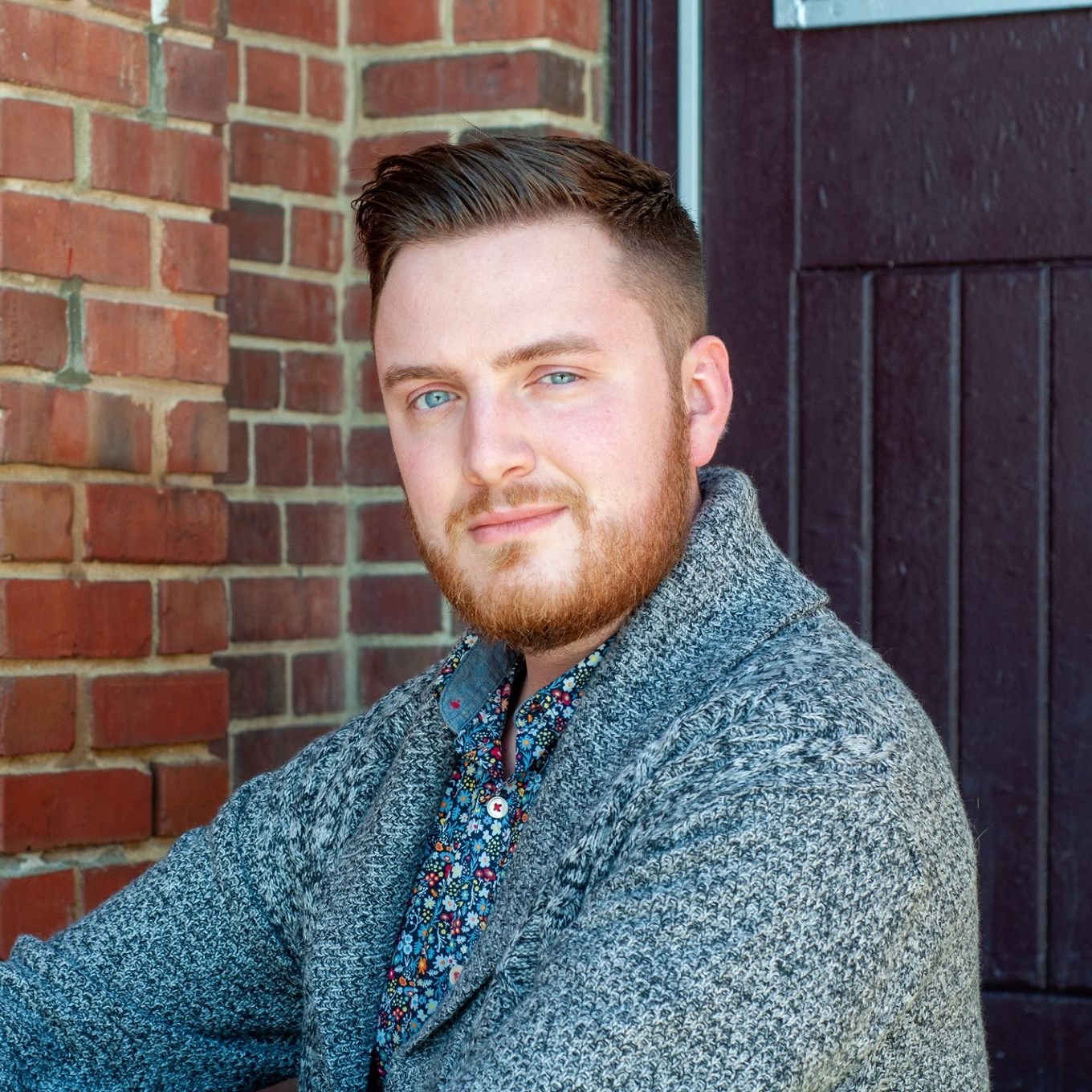Understanding what happens when someone reports a hate crime
Danica Erickson - 28 May 2024

Landon Turlock
After much consideration during their graduate program, Landon Turlock (who uses the pronouns they/them) decided to focus their thesis on the work of organizations and community groups in and around Edmonton supporting individuals impacted by hate crimes and incidents.
Landon spoke to us about the work they’ve been involved in since graduating and how their research is being implemented to encourage positive change in communities.
Why are you interested in this research topic?
Concern about hate crimes in Alberta is increasing. We also know these crimes significantly impact not only individuals who experience them, but also their communities.
I‘ve worked for about five years now in the area of public engagement and education on preventing violent extremism, hate crimes and hate incidents. The level of public awareness, the actual number of hate crimes taking place and incidents and reporting rates are all important to consider when trying to understand the scope of this issue. My research work in particular focuses on what happens when people report hate crimes or incidents and how organizations respond to these reports.
What was your approach to this research?
I have worked and volunteered with Coalitions Creating Equity for about five years. I approached them during my graduate studies and invited a subcommittee of people from Coalitions Creating Equity to meet with me and talk through what research could help support people impacted by hate crimes and incidents. Together, we decided that understanding how people experience reporting crimes and incidents and how organizations respond to those reports is critical to helping us better address the issue.
People are told to report hate crimes and incidents when they occur. However, there are assumptions as to what their experience will be. These same individuals are told that when someone reports a hate crime, they’ll have a positive experience — they’ll be taken seriously, their report will be investigated and they’ll get the support they need. These assumptions haven't been well tested in Canada, which is one of the motivating factors for conducting this research.
How does your work have the potential to change public health policy or practice?
I think these are very interconnected; some of the potential impact is practice related and some could be policy related. We generated 26 recommendations for organizations — including various levels of government and the police — about how they could be more informed and improve their approaches to addressing hate crimes and incidents from the perspectives of survivors.
In the fall of 2023, CCE hosted an event to launch the research and training modules adapted from the in-person training we developed to help organizations and individuals understand and address hate-based racism and discrimination. We have also partnered with the Edmonton Social Planning Council to do a write-up and webinar about this research. I also worked with the MacEwan University Office of Human Rights, Equity and Inclusion and the Alberta Hate Crimes committee to develop a guide and workshop about supporting survivors of hate crimes and incidents. The workshop has been offered a few times in Alberta, British Columbia and the United States.
In 2022, I was appointed by the Government of Alberta as one of two community liaisons. My role is to deliver a report and recommendations to the Ministry of Public Safety and Emergency Services based on the community engagement work we've done across the province. Specifically, I am tasked with helping the government better understand how to better prevent and intervene in hate crimes and incidents.
As a researcher, it’s easy to get into the weeds of the methodology, but I recognize not everyone engages with information that way. We’ve made a documentary to show the human side of these stories and how systems can more effectively support survivors of hate crimes and incidents. This documentary will be screened on June 12 from 7 to 9 p.m., alongside two other local documentaries at Metro Cinema. Tickets can be purchased by donation here.
What’s next for you?
I’ve been able to share this research with a lot of people I believe need to see it, whether that's the Ministry of Justice, hate crimes units, victim services units, or different municipal officials. However, there’s always more to do. I am currently completing my mandate with the Government of Alberta and just finished teaching my first class at MacEwan University as a sessional instructor in the School of Social Work there. Now, I’ll be working to share our documentary further.
I'm hoping to continue to play a role, either professionally, academically, or voluntarily, in building capacity and coordination to improve the way survivors of hate crimes are supported. I’m interested in looking at these issues at the national level, potentially through PhD research, to better understand the experiences of survivors who report hate crimes and incidents across Canada. These issues need to continue to be heard and addressed.
What do you most want people to know and understand about your research?
There are specific, achievable things that can be done to make sure people reporting a crime or incident have a better experience than they currently have. No one is asking for anything radical, just attention, resources and accountability. These aren’t changes that should take a lifetime to achieve; I believe they can be addressed and implemented within a year to ensure policy and practice changes occur and reflect the diverse needs of community members.